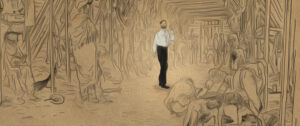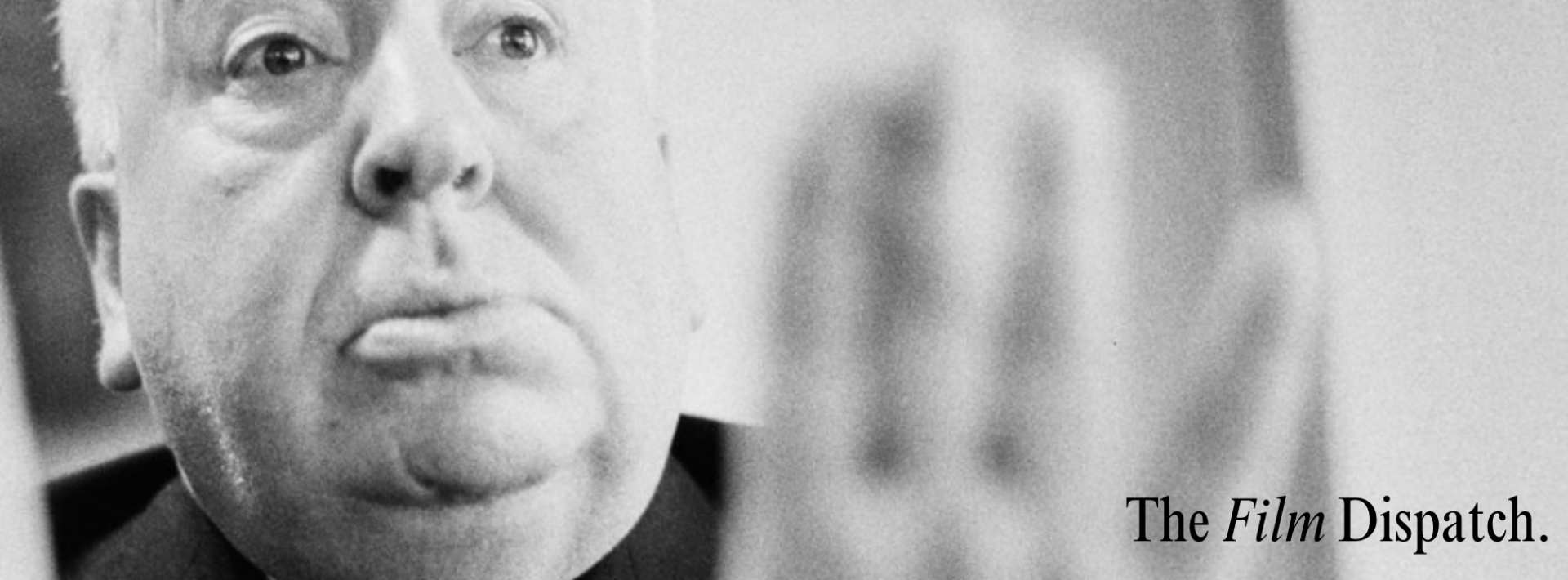
Aurel’s Josep (2020) biographically maps the life of Josep Bartolí, Catalan political cartoonist and unionist, through the memories of Serge: an ex-Gendarne camp guard, who interacted with Bartolí during his time as a refugee in a French concentration camp. Serge’s voiced memories are interpreted by his grandson’s attentive imagination so that Josep’s animated version of the past is constructed through first-hand accounts of the Spanish Civil War as well as through a younger generation’s reinterpretation of the past.
The irregular use of colour and changing fluidity of the animation allow memories of different periods and clarities to be represented on the same screen. The film’s memory shows how myriad traumas of the Civil War exist only in the minds of their bearers, while also demonstrating the value of passing these memories on. The film suggests that through remembrance we can begin to do justice to the horrors of history.
Despite its break with realism, the animation is perfectly adept at telling this story. It is able to evoke a realist feeling through immutable memories being given movement on-screen. Some memories in the film are only given minimal movement but, these are Bartolí’s original drawings from his time in the concentration camp. So, alongside animations of a camp guard’s memory, we are given primary source that detail the camp conditions. The significance of these sources is encapsulated in Frida Khalo’s words to Bartolí: ‘You draw caricatures because what you’ve seen and remember scares you. And the day you finally let colour in, you’ll have tamed your fear.’ The aura of Bartolí’s fear resides within these primary sources. Through the film, this fear is transmitted to the audience, who are left to imagine the harrowing reality signified by Bartolí’s drawings. The mixture of primary sources with Aurel’s animations emphasises the import of this film: the past should never be forgotten.
Written for The Film Dispatch by Cosmo Davis Gimeno.

